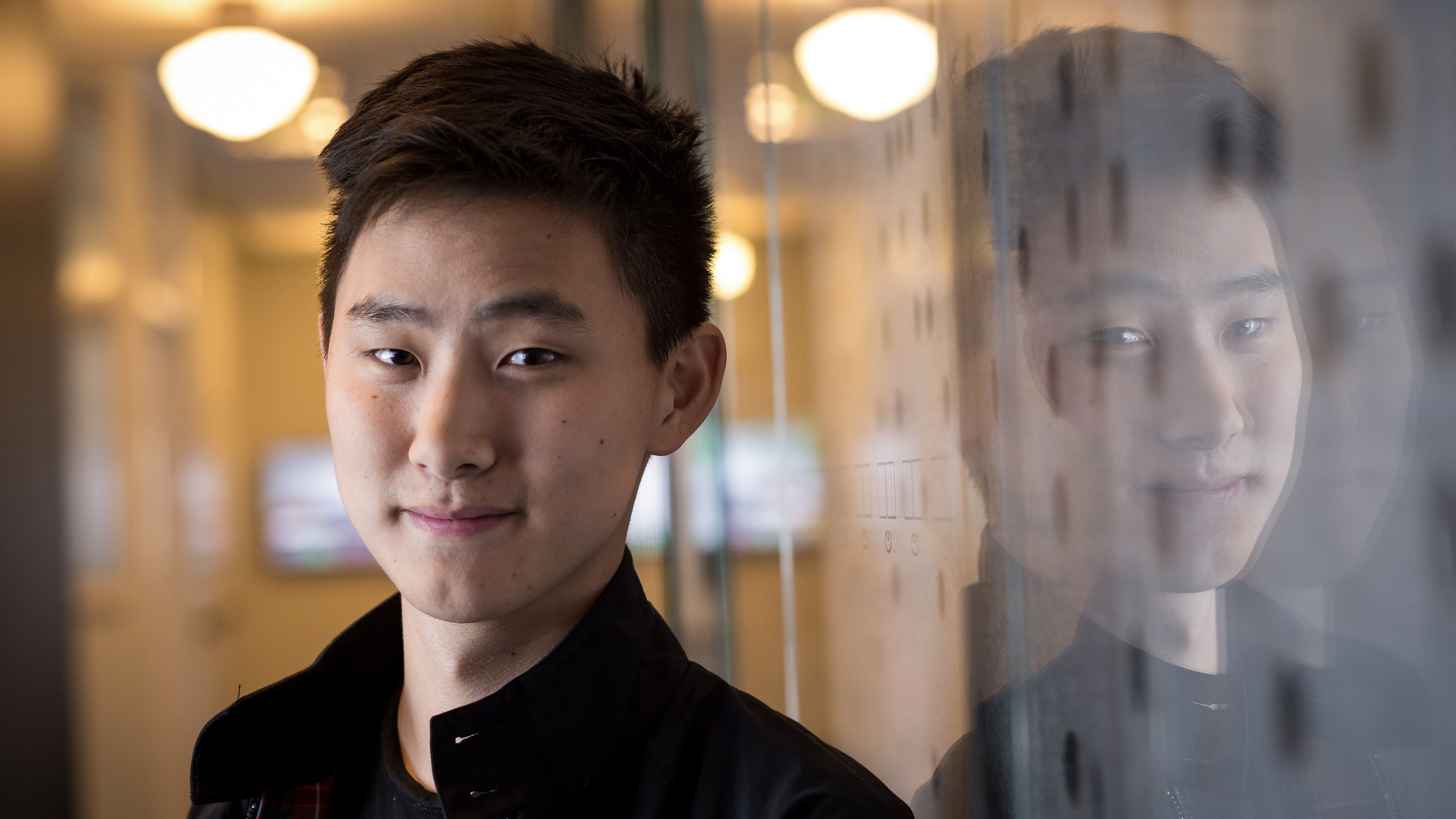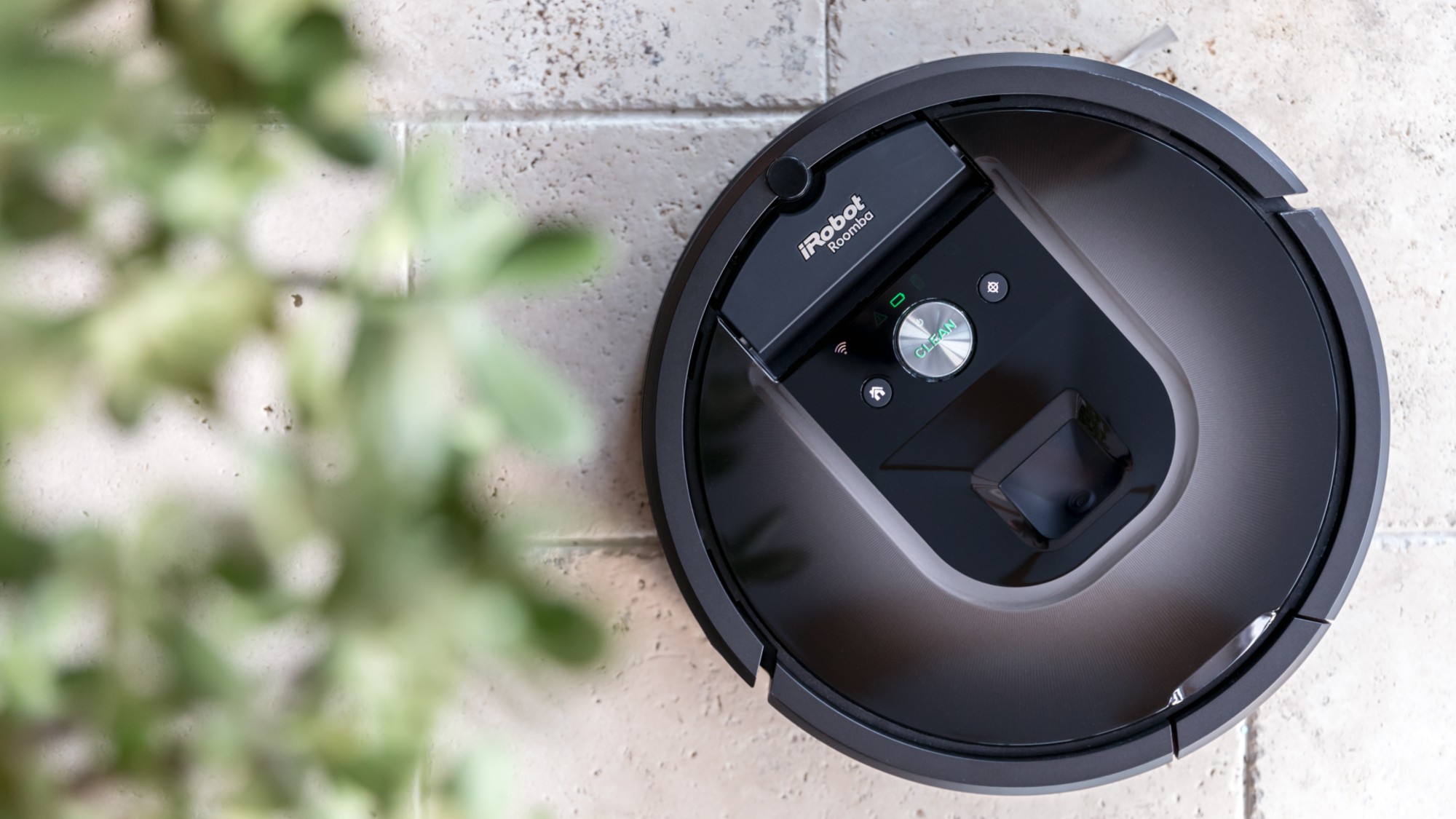Alexandr Wang: how world's youngest self-made billionaire is shaping future of AI
College dropout turned Silicon Valley kingpin, Wang provides the human labour that trains AI tools
Rebecca Messina, The Week UK

A free daily email with the biggest news stories of the day – and the best features from TheWeek.com
You are now subscribed
Your newsletter sign-up was successful
Co-founder and CEO of artificial intelligence company Scale AI, Alexandr Wang became the "youngest self-made" billionaire in the world in 2022, when he was just 25. His San Francisco-based business, supplies labour and software for tech tasks such as "labelling data to train AI" for "large language models such as Chat GPT".
Wang has now doubled his worth to an estimated $2 billion, said Forbes. And he’s managed this despite "falling from the billionaire ranks" in 2023, after his company's valuation "plummeted". Fresh from a huge injection of investment, Scale AI is now valued at close to $14 billion, and Wang has an "estimated 14% stake".
Who is Alexandr Wang?
Wang's "privileged upbringing" was crucial in giving him "a solid foundation in science and technology", said Mashable. Born in New Mexico, his Chinese immigrant parents "both worked as physicists on projects for the US Air Force and the military" and the future tech CEO "clearly had a brilliant mind passed down from his parents". He was "a maths whiz" as a child and "fond of participating in coding competitions", said ZeeBiz.
The Week
Escape your echo chamber. Get the facts behind the news, plus analysis from multiple perspectives.

Sign up for The Week's Free Newsletters
From our morning news briefing to a weekly Good News Newsletter, get the best of The Week delivered directly to your inbox.
From our morning news briefing to a weekly Good News Newsletter, get the best of The Week delivered directly to your inbox.
Wang "spent just one year at MIT" studying mathematics and computer science before teaming up with Lucy Guo, "another dropout", to start Scale in 2016, according to Forbes. Several rounds of investment followed, culminating in 2021 when the company was valued "north of $7 billion". It had taken Wang "just five years to become the youngest self-made billionaire in the world".
What is Scale AI?
Scale AI is a "labour-intensive operation", with more than 100,000 contract workers performing the "grunt work that powers the modern AI boom", said the WSJ.
"Unlike its biggest customers", which include Meta, OpenAI and Microsoft, Wang's company "is not building its own generative AI models". But it is able to provide "enormous volumes of accurately labelled data" to train AI tools, and so give itself a "central position in the booming sector", said the FT.
"Behind even the most impressive AI system are people," said The Verge, and any AI company trying to be competitive requires "huge numbers of people labelling data to train it, and clarifying data when it gets confused".
A free daily email with the biggest news stories of the day – and the best features from TheWeek.com
An army of outsourced workers around the world are employed by Scale's data annotation subsidiaries Remotasks and Outlier AI, which Wang describes as "very, very important to the process of building powerful AI systems".
But Scale's mass use of contractors to fulfil its data-labelling tasks is not without controversy. It is facing a class-action lawsuit from some workers, and is accused of "fostering an 'extremely predatory' relationship" with contractors, said the Inc. site. Allegations include "partially or unpaid work, and chronic mismanagement" at Scale's subsidiaries. Wang is named as a defendant in the case, accused of knowingly breaking work laws, along with other Scale executives.
Why is Wang so influential?
Wang has shown himself to be a "crafty opportunist" since starting Scale, said Cory Weinberg on The Information. He has "cemented himself in the upper echelons of Silicon Valley, partly through his knack for getting into the right rooms and securing the high-powered connections that can propel a young founder's fortunes". He also has a knack for "shifting Scale toward fresh pools of revenue when old ones dried up".
Wang's influence extends beyond California, too. His "deep connections in Washington" make him "stand out in the California-centric tech industry", said Louise Matsakis in the Semafor Technology newsletter. One lawmaker even called Wang a "real friend" – which is "a real compliment in DC".
Wang often speaks to legislators about his "hawkish views" on China, which he describes as "the greatest geopolitical competitor" to the US. He's twice briefed the Select Committee on the Chinese Communist Party, with Democratic Congressman Raja Krishnamoorthi praising him as "very insightful and at the same time personable".
Although OpenAI's CEO Sam Altman is the industry figure who "has been dominating the spotlight", Wang is "increasingly influencing how the industry is perceived" by regulators, said Matsakis. Scale AI's "outsized presence" in Washington may also "open lawmakers' eyes to the immense amount" of human labour that goes into AI.
Richard Windsor is a freelance writer for The Week Digital. He began his journalism career writing about politics and sport while studying at the University of Southampton. He then worked across various football publications before specialising in cycling for almost nine years, covering major races including the Tour de France and interviewing some of the sport’s top riders. He led Cycling Weekly’s digital platforms as editor for seven of those years, helping to transform the publication into the UK’s largest cycling website. He now works as a freelance writer, editor and consultant.
-
 The ‘ravenous’ demand for Cornish minerals
The ‘ravenous’ demand for Cornish mineralsUnder the Radar Growing need for critical minerals to power tech has intensified ‘appetite’ for lithium, which could be a ‘huge boon’ for local economy
-
 Why are election experts taking Trump’s midterm threats seriously?
Why are election experts taking Trump’s midterm threats seriously?IN THE SPOTLIGHT As the president muses about polling place deployments and a centralized electoral system aimed at one-party control, lawmakers are taking this administration at its word
-
 ‘Restaurateurs have become millionaires’
‘Restaurateurs have become millionaires’Instant Opinion Opinion, comment and editorials of the day
-
 Elon Musk’s pivot from Mars to the moon
Elon Musk’s pivot from Mars to the moonIn the Spotlight SpaceX shifts focus with IPO approaching
-
 Claude Code: Anthropic’s wildly popular AI coding app
Claude Code: Anthropic’s wildly popular AI coding appThe Explainer Engineers and noncoders alike are helping the app go viral
-
 Will regulators put a stop to Grok’s deepfake porn images of real people?
Will regulators put a stop to Grok’s deepfake porn images of real people?Today’s Big Question Users command AI chatbot to undress pictures of women and children
-
 Most data centers are being built in the wrong climate
Most data centers are being built in the wrong climateThe explainer Data centers require substantial water and energy. But certain locations are more strained than others, mainly due to rising temperatures.
-
 The dark side of how kids are using AI
The dark side of how kids are using AIUnder the Radar Chatbots have become places where children ‘talk about violence, explore romantic or sexual roleplay, and seek advice when no adult is watching’
-
 Why 2025 was a pivotal year for AI
Why 2025 was a pivotal year for AITalking Point The ‘hype’ and ‘hopes’ around artificial intelligence are ‘like nothing the world has seen before’
-
 What is Roomba’s legacy after iRobot bankruptcy?
What is Roomba’s legacy after iRobot bankruptcy?In the Spotlight Tariffs and cheaper rivals have displaced the innovative robot company
-
 AI griefbots create a computerized afterlife
AI griefbots create a computerized afterlifeUnder the Radar Some say the machines help people mourn; others are skeptical